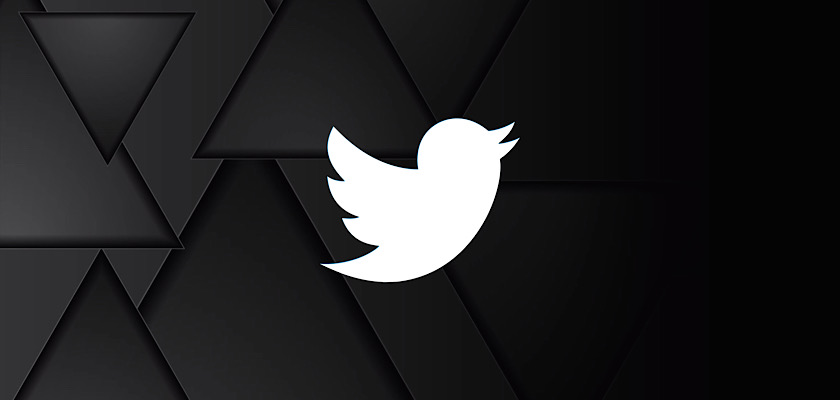Last November, Twitter introduced its hide replies feature which allows tweet authors to manually censor viral replies to their tweets and potentially prevent their tweets from getting ratioed.
And now, Twitter has announced that its opening up this hide replies feature to developers and allowing them to develop tools that can automatically censor tweet replies.
Click here to display content from X.
Learn more in X’s privacy policy.
Twitter provided several examples of how developers can hide replies based on criteria such as keywords or a “toxicity score.”
In one example, Twitter showcased how the Google research and technology group Jigsaw had integrated the hide replies developer tool with its Perspective API, a tool which gives online content a “toxicity score,” and was then using it to automatically hide “toxic comments.”
Click here to display content from X.
Learn more in X’s privacy policy.
In another example, Twitter highlighted how Quoted Replies, an app that allows users to find the quoted replies for a tweet, is using the hide replies developer tool to “automatically hide replies that are likely to exhibit abusive behavior.”
Click here to display content from X.
Learn more in X’s privacy policy.
The automation of hiding tweet replies via developer tools is one of several changes that are likely to reduce user engagement and interactions on Twitter this year.
On March 5, Twitter plans to introduce new misinformation rules which may involve a social credit style fact-checking system where users can earn “points” for fact-checking “harmfully misleading” tweets.
These misinformation rules will also target “synthetic or manipulated media.”
Many Twitter users are skeptical of these misinformation rules and have suggested that they’ll be applied inconsistently and used to censor memes.
Additionally, Twitter is planning to let users restrict retweets, mentions, and more on their tweets later this year – a change that will cut down the total number of retweets and replies on the platform.








